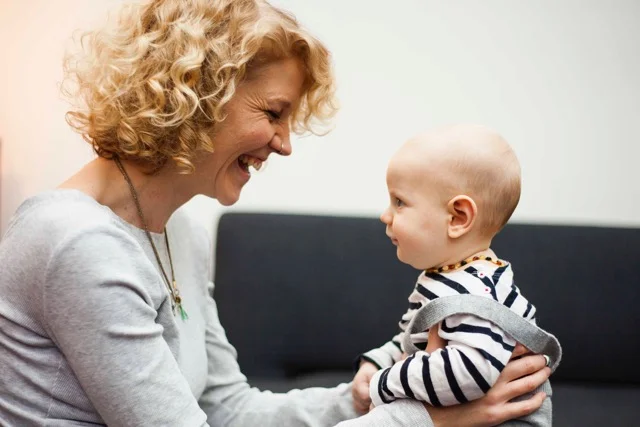5 reasons why you (might!) need a Doula for you birth and why.
1. Continuity
A Doula provides continuity for expectant mothers all the way through to the postnatal period. She is a friendly and familiar face who is there to support you throughout your pregnancy.
Unless you are one of the fortunate few who have a local caseload midwifery team in your area, you will see a different midwife for your antenatal, intrapartum (during the labour and birth) and postnatal care.
N.B. This kind of model does not exist in Paris at all as maternity care is entirely fragmented in France.
Unfortunately this kind of Midwifery continuity of care is still not available in most areas of the UK, despite its benefits having been recognised in several research studies. The RCM persistently campaigns for a wider expansion of the Midwifery-led continuity of carer models across the UK. However, until this becomes a reality a Doula can go some of the way in providing this continuity for a woman.
See Sandall et al.’s Cochrane review for more info on the benefits of Continuity of Care.
You can read more about the RCM's Better Birth Campaign on continuity of care here
2. Personalised Care
A doula is there for YOUR needs. This is her entire purpose.
Since you have spent time together before the birth your Doula knows you and your preferences well, and thus knows how to best support you during the birth.
Knowing that there is someone there to safeguard your wishes can relive stress and anxiety and allow you to focus on (dare I say it – enjoying?) your labour and birth.
A woman’s partner/family member can also provide continuity and act as a protector of her space and wishes, but they may lack the comprehensive knowledge of birth processes and support techniques, which is the Doula’s realm.
3. Experience
Doulas like myself have seen hundreds of normal labours and births. They will have developed effective techniques in supporting you to have an intervention-free and active birth (if that’s what you want!) wherever possible.
An experienced Doula will quite literally have a BAG of tricks with her, and can assist you in preparing for a comfortable birth.
A Doula can also provide you with support and advice negotiating various parts of pregnancy and birth. Most antenatal clinic appointments in UK and France are allocated approximately a 15-minute time slot, so you inevitably will not have time to explore all of the issues you want to with your Midwife. A Doula can help you to explore theses decisions in detail, taking into account your personal beliefs, values and preferences. Personally, I would also point you to up-to-date research and evidence that supports your choices.
4. Bonus stuff
Many Doulas have other areas of expertise, such as Hypnobirthing training, Aromatherapy training, Yoga/Mediation skills…etc.
Many doulas will have had tonnes of other life experience and/or children (and even grandchildren!) of their own. They can therefore assist you with additional, tried and tested techniques to encourage a positive birth experience.
5. The Doula has a distinct role. She does not replace a Midwife
Quite the contrary. A midwife is the technical, clinical, expert on pregnancy and birth. Her primary job during antenatal and postnatal appointments, as well as labour, is to carry out a series of clinical examinations that assess the continued health and wellbeing of the mother and baby.
Of course the Midwife also provides some emotional support. However, she is occupied with carrying out, and documenting, important clinical investigations and assessments and therefore many people find it helpful to have another, skilled professional, present to be solely dedicated to the emotional support of the woman.
A good Midwife will welcome a positive and cooperative Doula to assist with the birth. As an NHS midwife I frequently work with Doulas and birth partners and generally love having them around, finding them to be a great support.
Doulas and Midwives are not, and should not, be at odds with one another. Essentially, we provide distinct and complementary roles, in our shared goal to support women to have positive, and safe, birth experiences.

